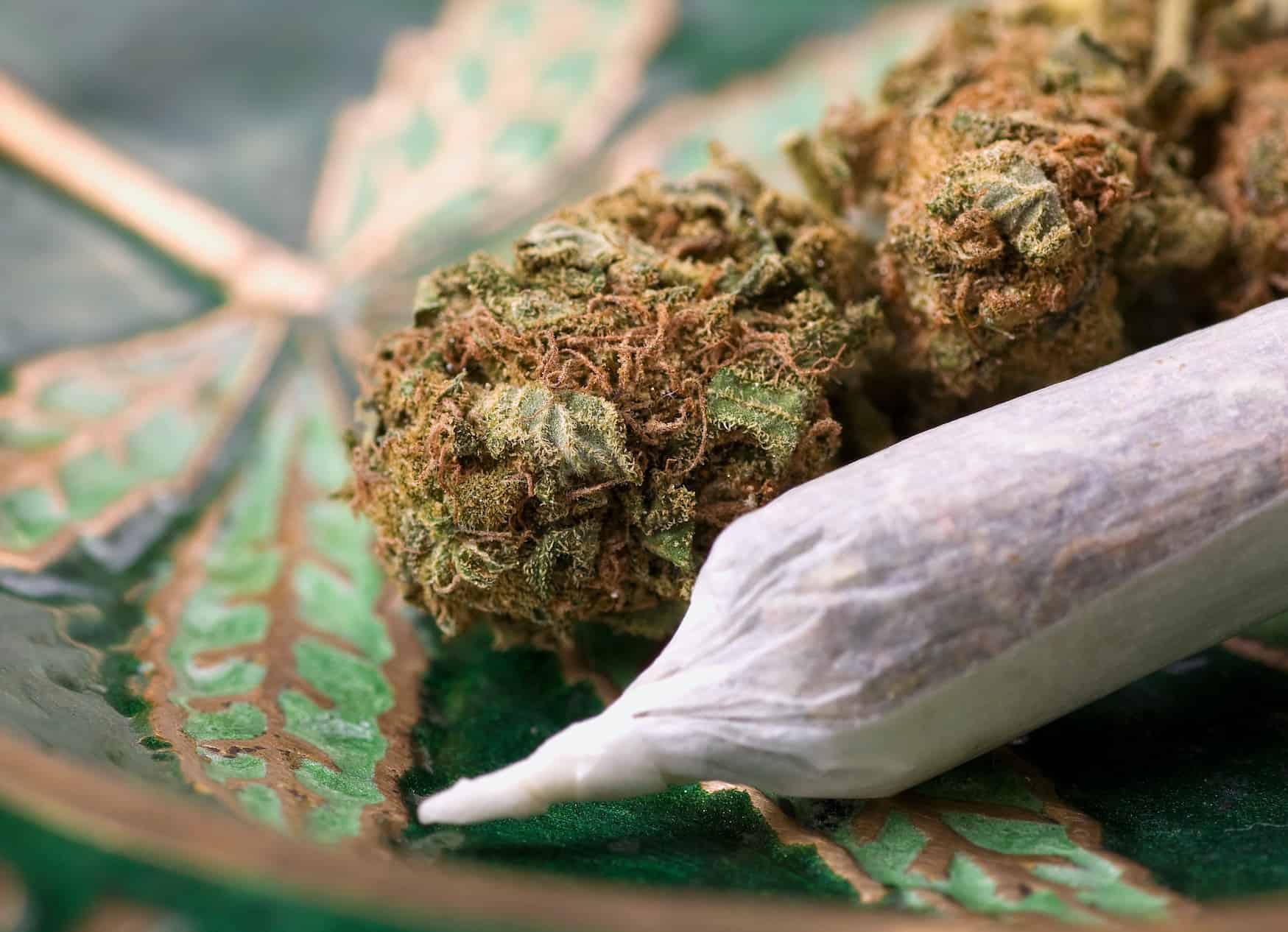Marijuana legalization does not correlate with an increase in employees using cannabis before or during work, according to a briefing paper from the Institute for Work & Health (IWH), a non-profit research organization.

The study examined workers’ attitudes and behaviors in Canada following the legalization of adult-use marijuana in 2018. Researchers found no change in the rates of cannabis consumption among employees either prior to or during work hours during the surveyed period.
“IWH research found no post-legalization increase in self-reported cannabis use during or before work”, states the paper. Authors emphasized the importance of distinguishing between cannabis use off-duty and use during work, saying “Rather than considering any cannabis use as an occupational safety risk, workplaces need to reframe their focus to use that is likely to lead to impairment at work and craft policies that center on preventing and managing impairment, as well as fitness for duty.”
Current workplace drug testing methods often rely on urinalysis, which detects carboxy-THC, an inactive metabolite that can remain in the body for days or weeks after use, long after any impairment has subsided. Blood tests, which measure active THC levels, are also limited because THC is fat-soluble and can remain detectable for days after use, regardless of impairment.
The full briefing paper can be found here.







